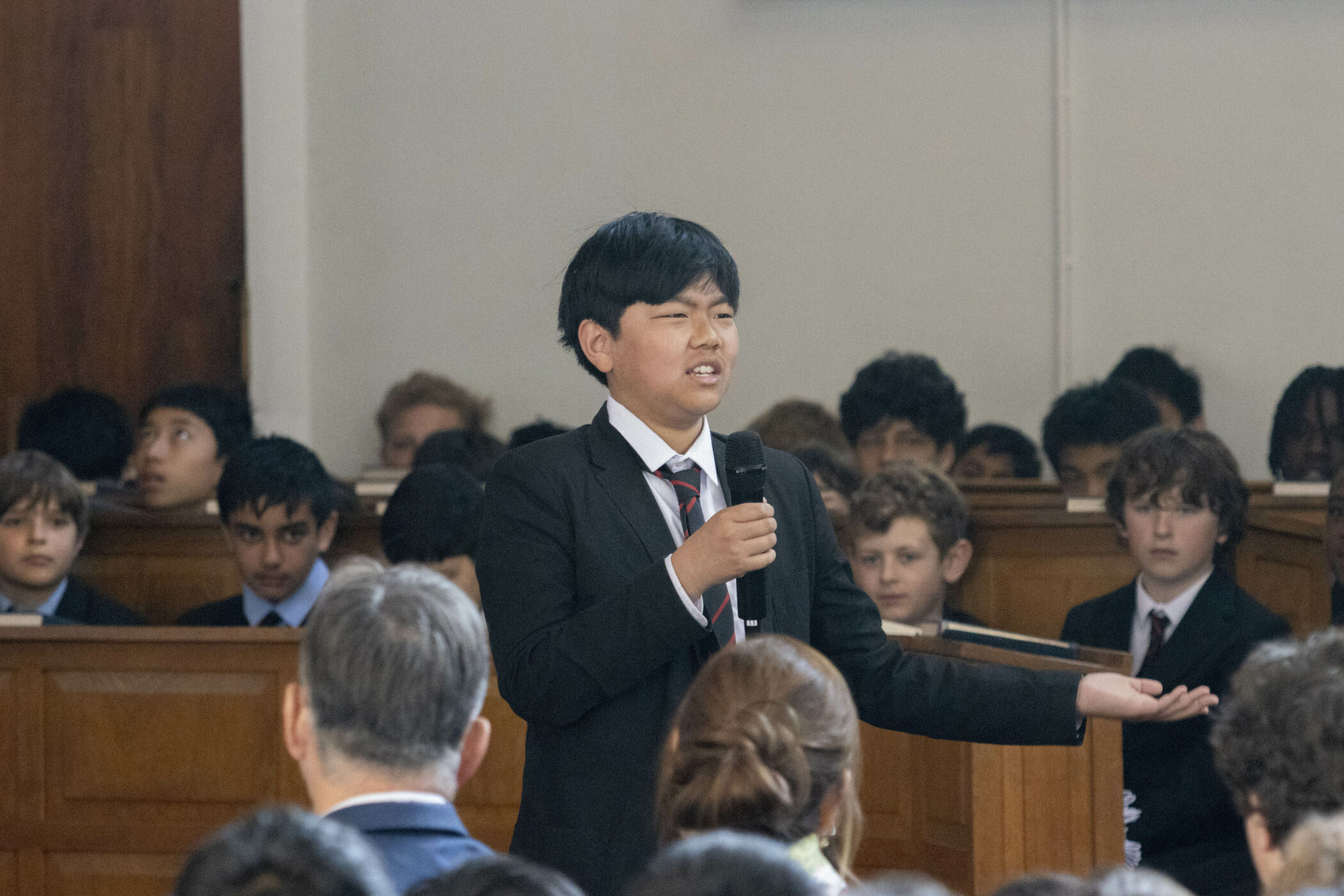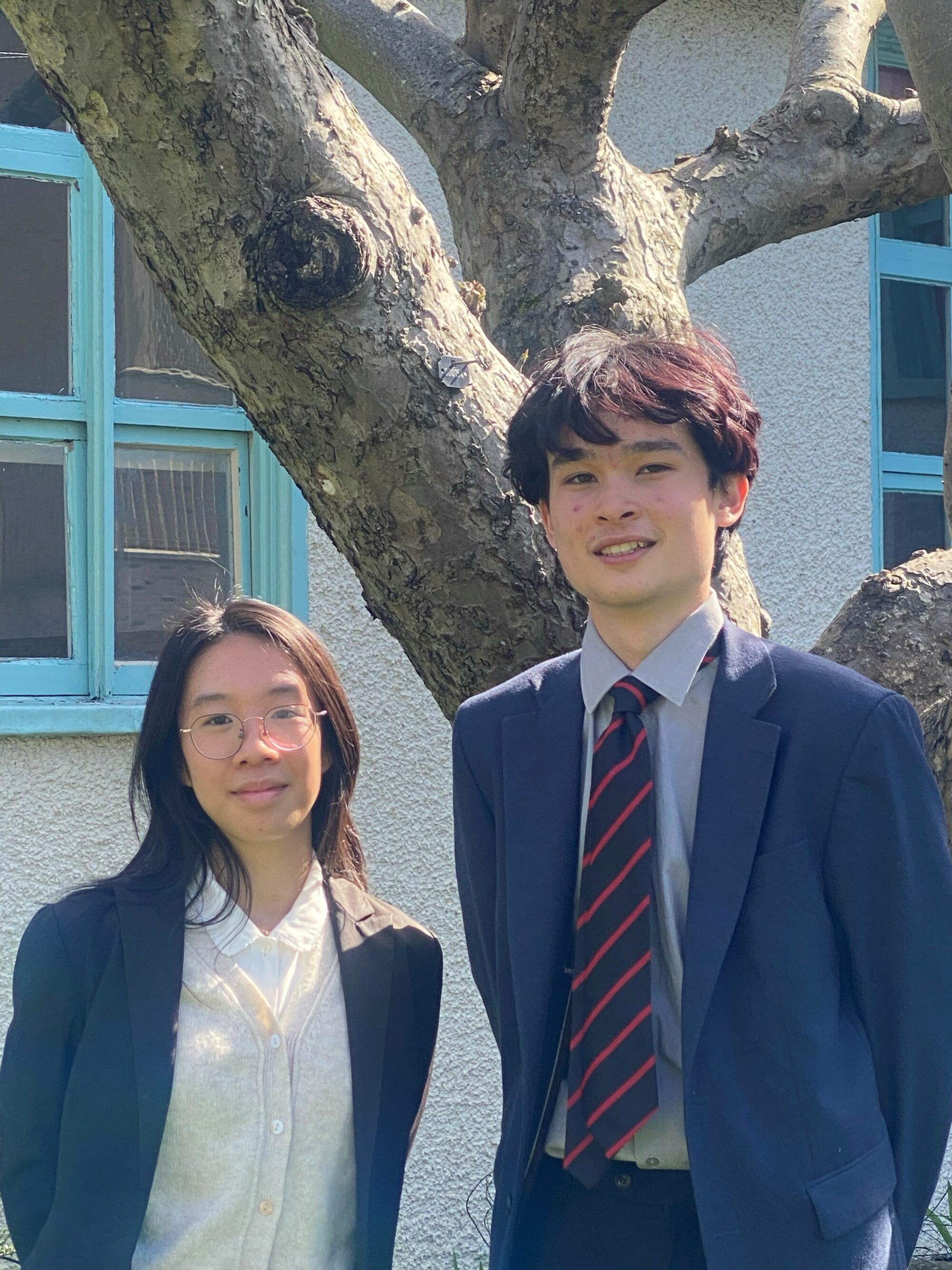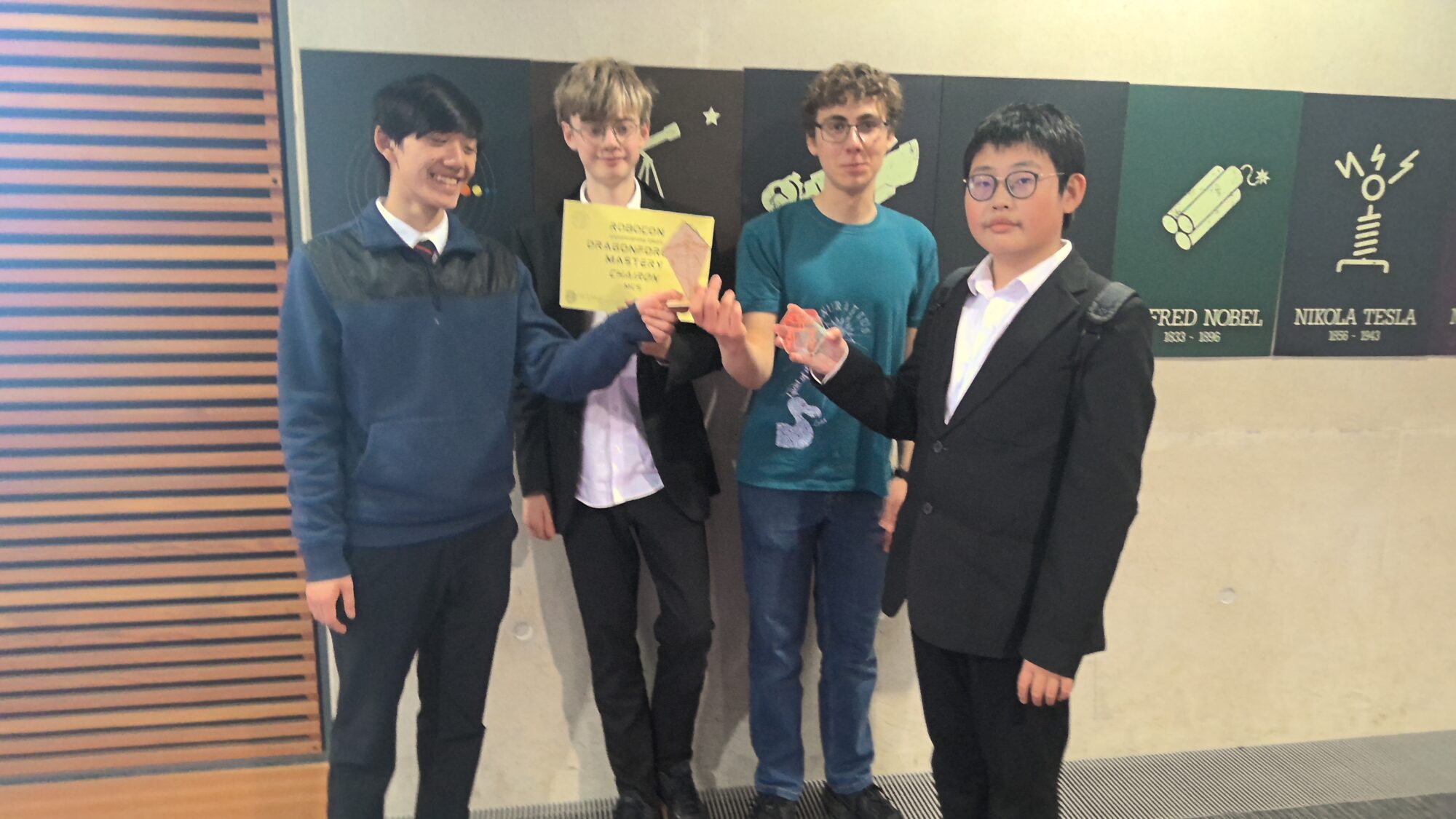The Environmental Society, in collaboration with the Sustainability Committee, is delighted to announce the school’s participation in No Mow May this year. Sasha (Fifth Form), a member of the society, writes more:
“In the last 50 years, the area of flower rich meadows in the UK has decreased by over 97 percent, thus putting an extremely valuable habitat that sustains a wide array of insects, small mammals, and pollinators at risk. At a time when biodiversity is in decline across the world because of human interference, any measures that we can take to support natural life, even in seemingly small steps, can have a major impact. Therefore, MCS has decided to take part in the No Mow May campaign, leaving parts of the school grounds to grow naturally, promoting the growth of wild plants and attracting pollinators and other species whose numbers have been declining in recent years.
This is in fact a serious step towards boosting biodiversity on school site. Participants in previous ‘No Mow Mays’ reported five times as many pollinators, and three times higher pollinator biodiversity versus regularly mowed grassy areas. This represents an amazing opportunity to increase biodiversity and show our school community’s commitment to restoring and preserving habitats for species that are vital to our wider ecosystems. Since the 1970s, honeybee populations in the UK have declined by over 50%, which accompanied by similar declines in numbers of other pollinator numbers, puts a vast array of plant life at risk, from wildflowers to crops such as apples, which depend on pollinators in order to bear fruit. By taking part in No Mow May, we are contributing not only to the local biodiversity, but to the wider landscape of the British environment, and even playing a small part in helping British agriculture to remain productive in the years and decades to come.
Since the 1970s, honeybee populations in the UK have declined by over 50%
Of course, we will remain conscious of the school site and general public during this process – rather than disrupting day-to-day operations, the focus is on incorporating No Mow May in a manner that ensures no disruption to other aspects of school life. There may be some visual changes around the school site as some ‘natural areas’ will be left to grow freely, and we look forward to the untamed beauty that this will bring.
Ultimately, we encourage the whole school community to engage with No Mow May, whether that be by volunteering to help conduct biodiversity surveys of free-growing parts of school grounds, designating ‘No-Mow’ areas of their own lawns at home, or better still, a combination of both. Together, we can take concrete steps to protect our pollinators, and play our own small roles in the great battle for biodiversity.”
– Sasha L (Fifth Form)
 MCS ranks among the top independent secondary schools, and in 2024 was awarded Independent School of the Year for our contribution to social mobility.
MCS ranks among the top independent secondary schools, and in 2024 was awarded Independent School of the Year for our contribution to social mobility.

 28 of our pupils achieved 10 or more 8 or 9 grades in 2024.
28 of our pupils achieved 10 or more 8 or 9 grades in 2024.
 In 2023-24, MCS received over £448,000 in donated funds.
In 2023-24, MCS received over £448,000 in donated funds.




